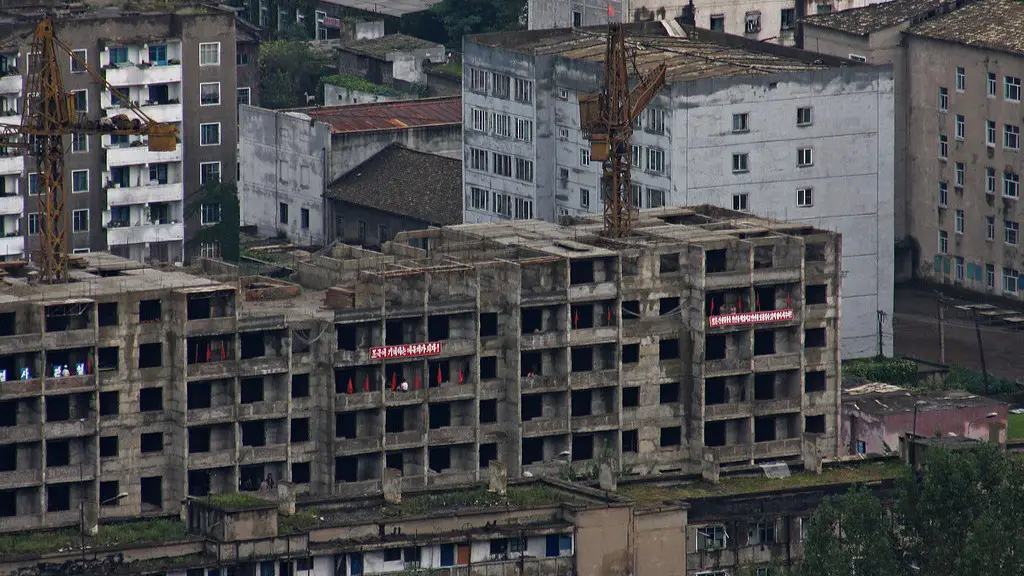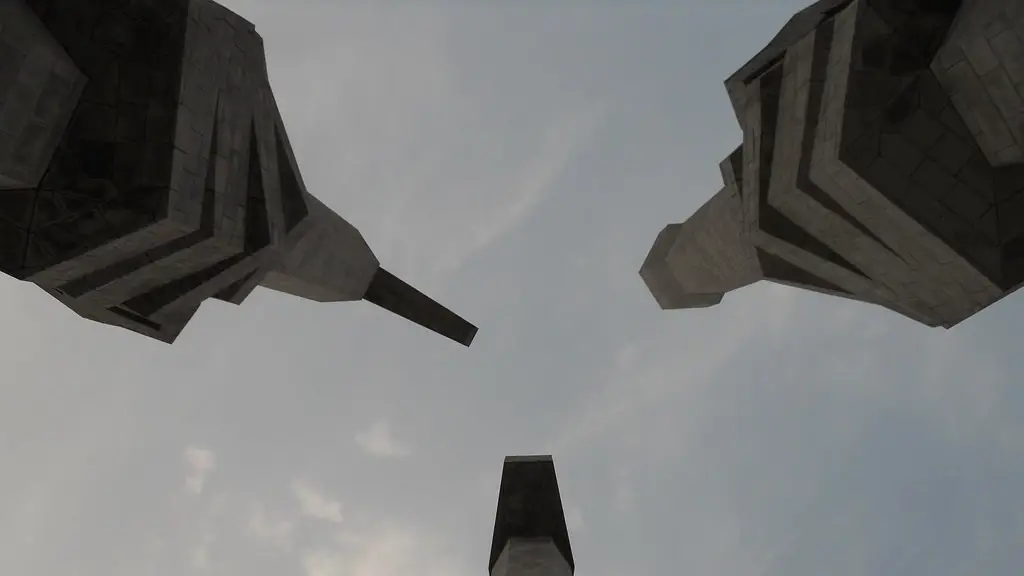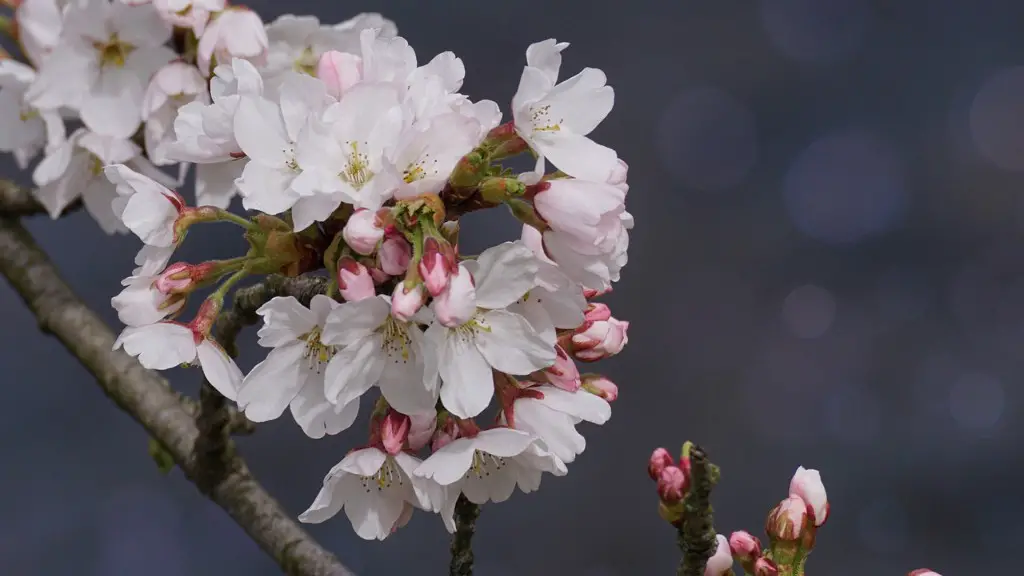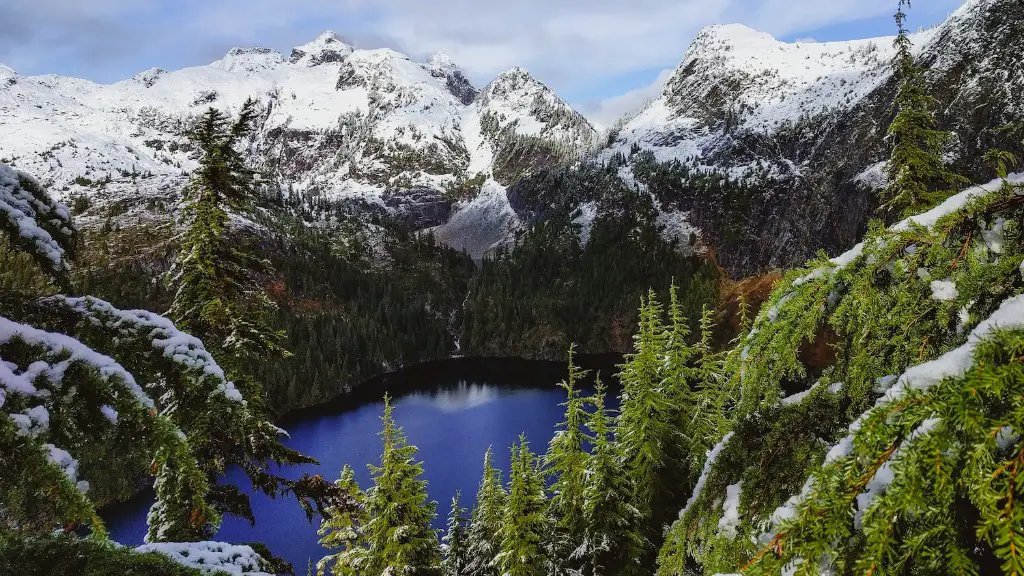Eritrea, a small eastern African nation sandwiched between Ethiopia, Sudan and Djibouti, has been called “The North Korea of Africa” over the years. The analogy is apt, though there are some distinct differences between the two countries. To this day, the totalitarian nature of Eritrea’s government has been greatly criticized by its own citizens, human rights organizations, and foreign powers. In this article, readers will learn about why Eritrea has earned this reputation, despite a brief period of relative freedom early in its history. Additionally, four further sections will explore the current political situation, the economy, human rights, and international relations.
Background Information
The state of Eritrea gained its independence from Ethiopia in 1993, after a successful referendum and decades of armed struggle. The prospect of Eritrea’s independence was welcomed by many Eritreans and the international community, as well. However, in the years that followed, the Eritrean government increasingly centralized power and curtailed the public’s right to free speech and assembly, leading to accusations of authoritarianism. These accusations intensified in 2001, when Eritrea officially became a one-party state and drafted a new constitution that formalized its government as an authoritarian regime.
Since then, the policies of the Eritrean government have been seen as oppressive, and the country has been even compared to North Korea’s repressive regime – an example of a classic totalitarian dictatorship. Although Eritrea does not have concentration camps like North Korea does, both countries have been consistently accused of human rights violations, widespread censorship, and arbitrary arrests and detentions. The unfortunate truth is that in the eyes of many, Eritrea is seen as a developmentally backward state, where citizens have few rights and little hope of meaningful political change.
Current Political Situation
The current government of Eritrea, headed by President Isaias Afwerki, has been in power since 1993 and shows no signs of relinquishing that power anytime soon. Afwerki’s government has systematically cracked down on dissent, with human rights organizations noting an alarming rise in the number of Eritreans arrested and detained, primarily due to their political opinions and activities. His regime has also been highly criticized for maintaining a lack of transparency, leaving most citizens in the dark about their rights, obligations, and the actions of their government.
Unfortunately, most of Eritrea’s elections since independence have been marred by fraud, with civil society groups, international observers, and even some members of the government raising serious concerns about the irregularities and misuse of state funds. There have been allegations of misuse of funds for political purposes, with some officials reportedly diverted significant portions of state resources for their own personal gain. These allegations have been met with little to no response from Afwerki, who appears content to remain in power with the backing of his ruling party.
Economy
The state of the Eritrean economy further adds to the perception that it is a repressive regime. The country has been struggling with an economic crisis for years, as the government continues to maintain a tight grip on power and fails to implement much-needed reforms. Inflation is rampant, unemployment is high, and public services are largely inadequate. The government has also largely relied on foreign aid, mostly from China and other wealthy Gulf nations, to prop up its faltering economy.
Eritrea is also heavily reliant on mining, primarily gold and copper, to support its economy. Over the years, many industries have shut down and businesses have failed as a result of mismanagement and the lack of foreign investment. The government, however, has allegedly continued to be highly aggressive in its pursuit of foreign investors, with reports of corruption and bribery being all too common. Furthermore, with no meaningful opposition to challenge the government’s policies and the state of the economy, the situation is unlikely to improve in the near future.
Human Rights
The human rights situation in Eritrea is equally troubling. The government has been accused of numerous violations, ranging from arbitrary arrests and detentions to reports of torture and ill-treatment of prisoners. There is an estimated 10,000 to 15,000 political prisoners detained in the country, many of whom were arrested due to their political opinions or activities. In addition, freedom of speech and assembly are severely restricted, with the Eritrean government reportedly cracking down on journalists and activists who speak out against the state.
Furthermore, female genital mutilation (FGM) is still widely practiced in Eritrea, with children as young as five years old being subjected to the procedure. This is in stark contrast to most countries in the region, where FGM has been banned or criminalized by law. In addition, reports of child labor, forced labor and human trafficking are common in Eritrea, with the government taking few measures to prevent them.
International Relations
Eritrea’s relationship with its neighbors is also strained, largely due to the ongoing territorial dispute with Ethiopia. The two countries have been bitter rivals since the end of their war in 2000, and the dispute has remained unsettled despite several attempts to resolve it. This has led to increased tension between the two nations, with the border between the two countries being heavily militarized by both sides.
Additionally, the international community has long been critical of the human rights violations and the lack of reforms in Eritrea. In recent years, there have been calls from various human rights organizations to hold the Eritrean government accountable for its actions. The United Nations has imposed various sanctions in an attempt to pressure the Eritrean government to make meaningful reforms, though so far Afwerki has remained defiant.
Consequences For Eritrea’s People
The unfortunate truth is that the people of Eritrea are the ones who are ultimately suffering the consequences of the government’s policies. The lack of economic opportunity and human rights protections have led to a number of problems facing the population, including poverty, unemployment, human trafficking, and displacement. The ongoing tensions with Ethiopia have only exacerbated the plight of the people, who are increasingly feeling the effects of the country’s isolation.
Furthermore, the lack of press freedom and political opposition has led to a complete breakdown in the dialogue between the government and the people. This has created an atmosphere of fear and uncertainty, leaving many citizens feeling powerless and despondent. The only hope is that the international community will intervene and pressure the government to make meaningful reforms that will improve the situation for the people of Eritrea.
International Sanctions
The international community has responded to Eritrea’s human rights violations with a number of sanctions, including an arms embargo and sanctions on members of the government. These sanctions are aimed at forcing the government to make meaningful reforms and release political prisoners. Additionally, these sanctions have caused considerable economic hardship, as foreign aid and investment have dried up.
The hope is that these sanctions will bring about meaningful change, though the international community has been wary of imposing too harsh a punishment on the Eritrean people. Critics of the sanctions point out that they are likely to have a disproportionate effect on the poorest members of society, and may even further destabilize an already precarious situation.
Eritrea’s Role In The Region
Despite the international sanctions and criticism, Eritrea remains an important player in the East African region. It has a strategic position on the Red Sea, and the country’s port of Assab is an important route for the movement of goods between Africa and the Middle East. Furthermore, the country is home to numerous ethnic and linguistic groups, making it a key point of contact between different cultures in the region.
Eritrea also has a long history of political and economic relations with other countries in the region, including Ethiopia, Sudan, Djibouti, and Somalia. As such, its role in the region cannot be overstated, even if its government is seen as oppressive and authoritarian.
Foreign Aid And Investments
Despite the international criticism, foreign aid and investments continue to flow into Eritrea. This includes humanitarian aid to those affected by the country’s economic crisis, as well as investments in the mining and agricultural sectors. Many international companies have invested in Eritrea’s infrastructure, seeking to take advantage of the country’s geographic position and natural resources. However, there are also concerns that these investments will only further entrench the government’s grip on power.
Furthermore, there has been increasing scrutiny of the foreign aid flowing into the country. There have been allegations that much of the money has been misused by the government for its own gain, and some have called for greater transparency and accountability to ensure that the funds are used for the benefit of the Eritrean people.
Future Of Eritrea
The future of Eritrea is uncertain, as the government remains reluctant to implement much-needed reforms. The international community continues to apply pressure, yet there is still no indication that the Eritrean government will heed their calls. In the meantime, the Eritrean people are left in a precarious situation, their lives in limbo as the government maintains its tight grip on power and their human rights remain largely unprotected.
Ultimately, the prospects for the future of Eritrea will depend on the willingness of the international community to pressure the government to make meaningful reforms. However, the growing tension between Ethiopia and Eritrea and the international sanctions may prevent any real progress for the foreseeable future. It remains to be seen what the future holds for Eritrea, though for the time being it remains firmly entrenched as the “North Korea of Africa”.





